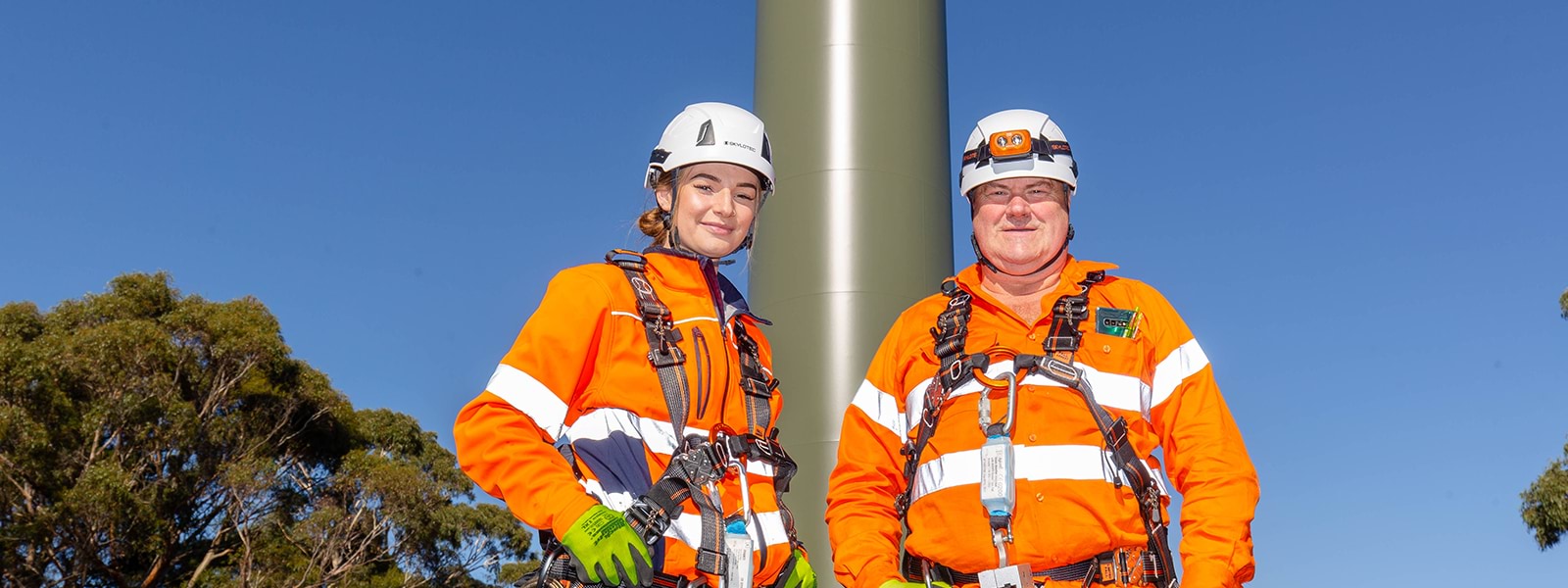Over the next 3 years, we will:
- partner with Department of Education, ACFE and other agencies across government, including Jobs Victoria, to develop and make available programs and courses designed specifically to support people to move into work – across foundation digital, introductory work and essential industry skills, building on existing good practice.
- implement a comprehensive pre-accredited training framework for foundation skills that meets learner need.
- continue development of place-based relationships between the Learn Local sector, local communities and industries to understand and support current core skill shortages and future industry workforce needs.
- develop and promote partnerships between the Learn Local sector and industries to support core skill training within industry settings to increase job security and career options.
Foundational skills in language, literacy and numeracy underpin participation in education and employment.
Investment in increasing the literacy skills of adults has a direct and positive impact on labour productivity and gross domestic product per capita. The greatest impact can be gained by investing in improving the skills at the lower levels. Even small gains in adult literacy can have long lasting impacts.
While teaching foundation skills is the primary domain of schools, gaining these skills may need to occur later in life – for example, when English is not a first language or there is disability, or a disrupted education.
Alongside this, social and economic transformations are changing the skills needed for work and life. Basic digital skills are now essential.
Victoria’s Adult Community Education sector has a proud history of supporting learners – through a network of more than 260 Learn Locals – to acquire the adult literacy, digital literacy, numeracy and English language skills they need for full participation in the community and to enter further study or get a job.
These skills are more important than ever as industries and jobs undergo structural changes in response to the pandemic. These changes may further challenge educationally disadvantaged Victorians seeking to enter the workforce or those in existing jobs that are changing.
Learn Locals are located across Victoria and many work closely with local employers to link learners with work opportunities. Job readiness support delivered through programs like Jobs Victoria also plays a key role.
Access to job-specific technical training, or general introductory work skills, that prepare people for job opportunities can lift confidence and put them on a path to employment or a better job.
A broad range of services are needed to support people to participate in education and employment.
Building and sustaining effective collaboration and stronger connections between the education and training sector and the wider community support services sectors is critical.
Case study
Learn Local gives voice to a new future
Just 4 years ago, Omer Ntunzwenimana arrived in Australia as a refugee from Burundi. He had spent the 3 years before that in a refugee camp in Kenya.
When he settled in Mildura, Omer had no family in Australia, spoke little English and had a severe leg injury that meant he was unable to walk.
In 2020, Omer first visited the Sunraysia Mallee Ethnic Communities Council’s Learn Local Conversation and Reading Café.
The weekly four-hour classes give participants the chance to practice their English talking to volunteers in 10 minute rotations.
Omer, now in his early 30s, surprised his trainers, quickly developing to a confident speaker and rapidly improving reader. 'The class was helpful for me in having confidence to speak English and build my vocabulary', he says.
This year, Omer started at La Trobe University, studying a Bachelor of Arts with a major in Sociology but he still attends the weekly Conversation and Reading Café. 'Even if I was doing my Masters, I would still come to Conversation Class. It is too important to miss'.
Now, after surgery and rehabilitation, Omer has begun to walk again – and is striving to achieve his dream of working for the United Nations and being able to help his countrymen in Burundi.
Updated
